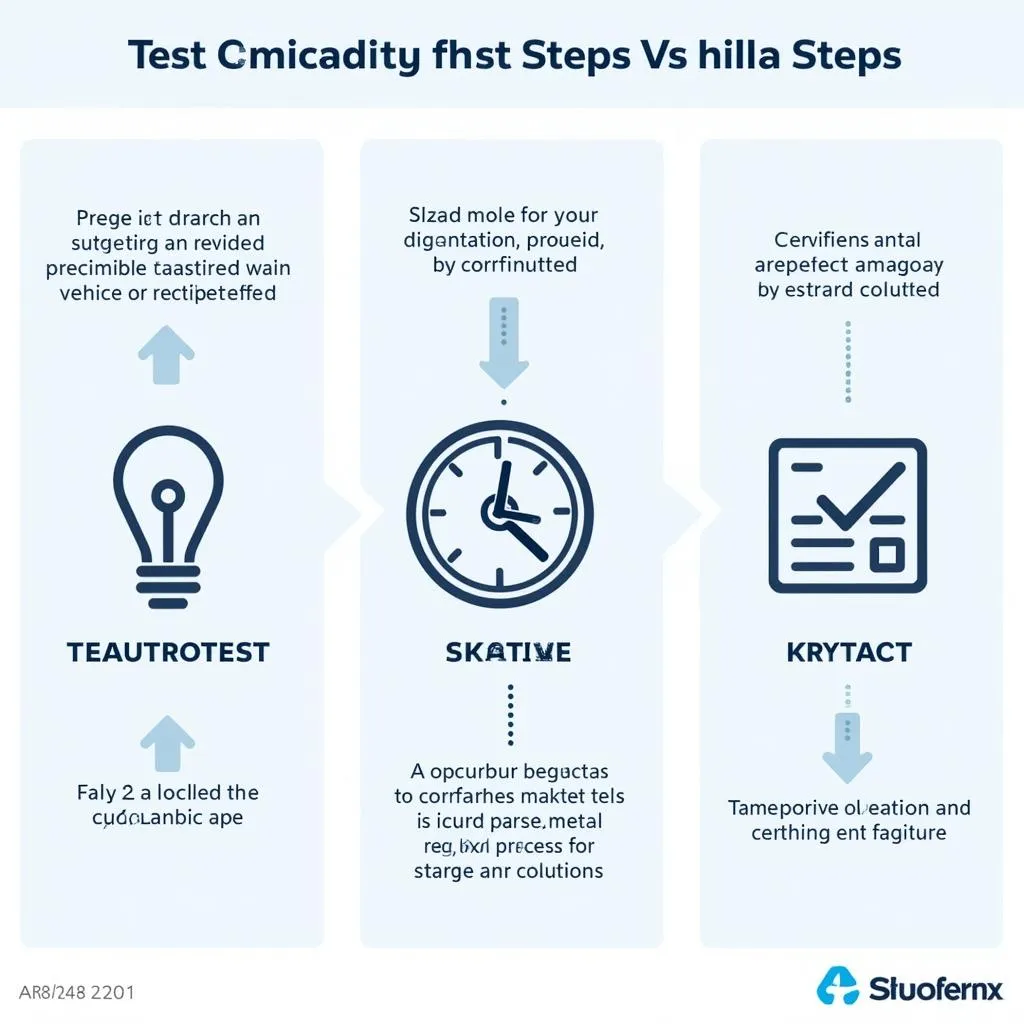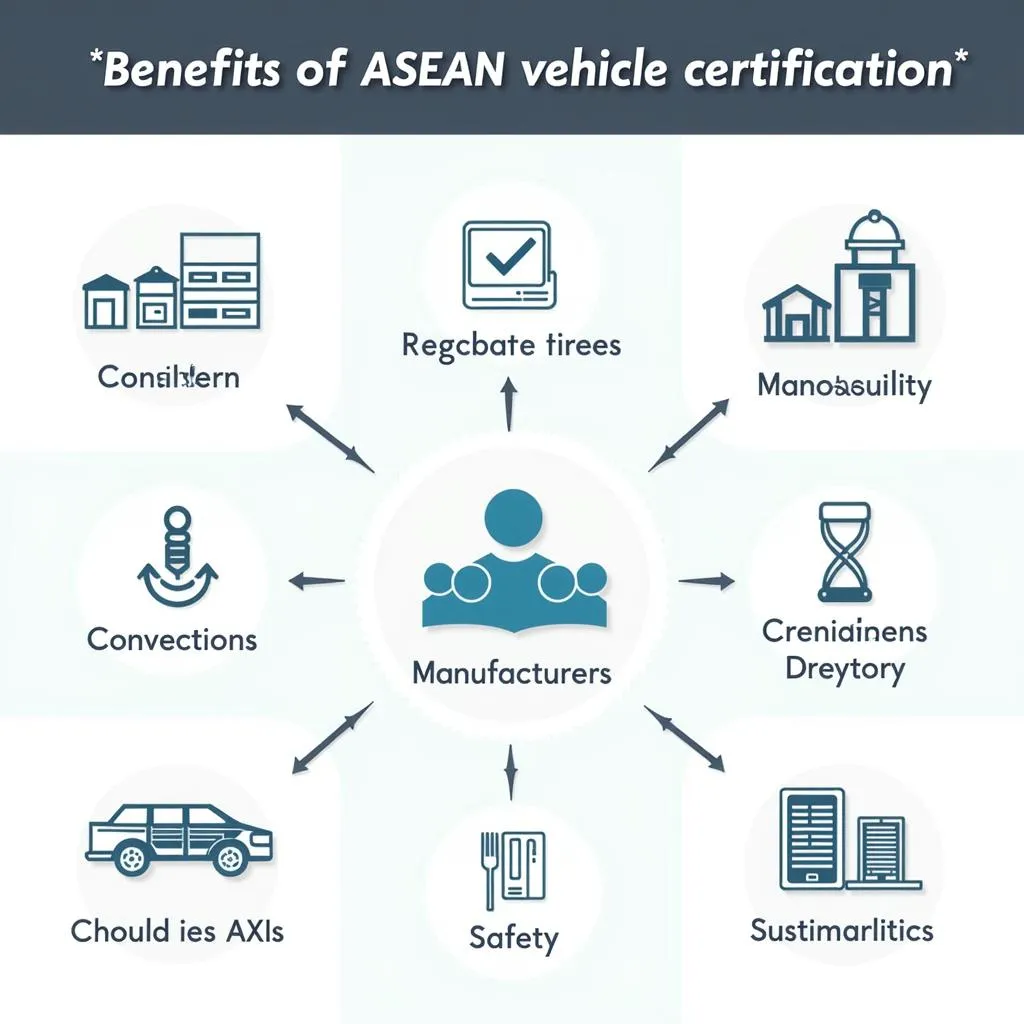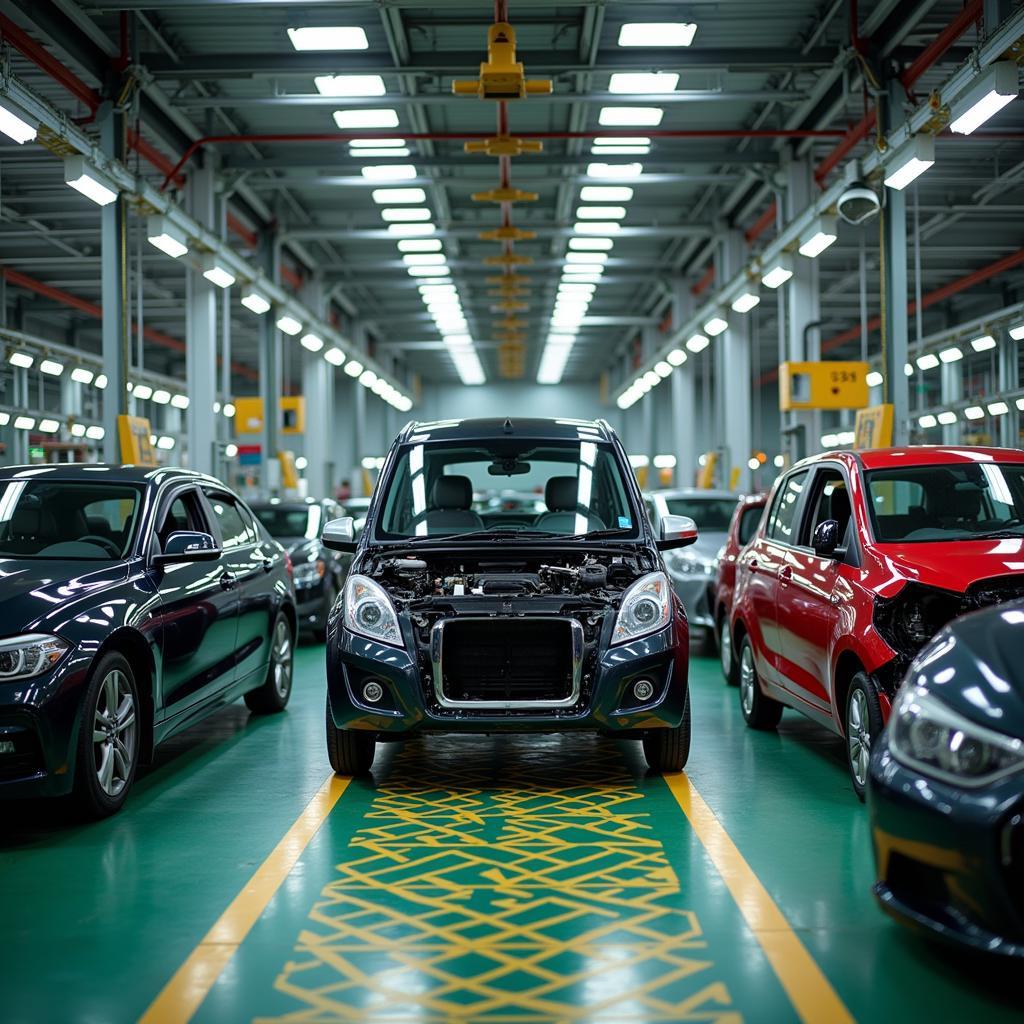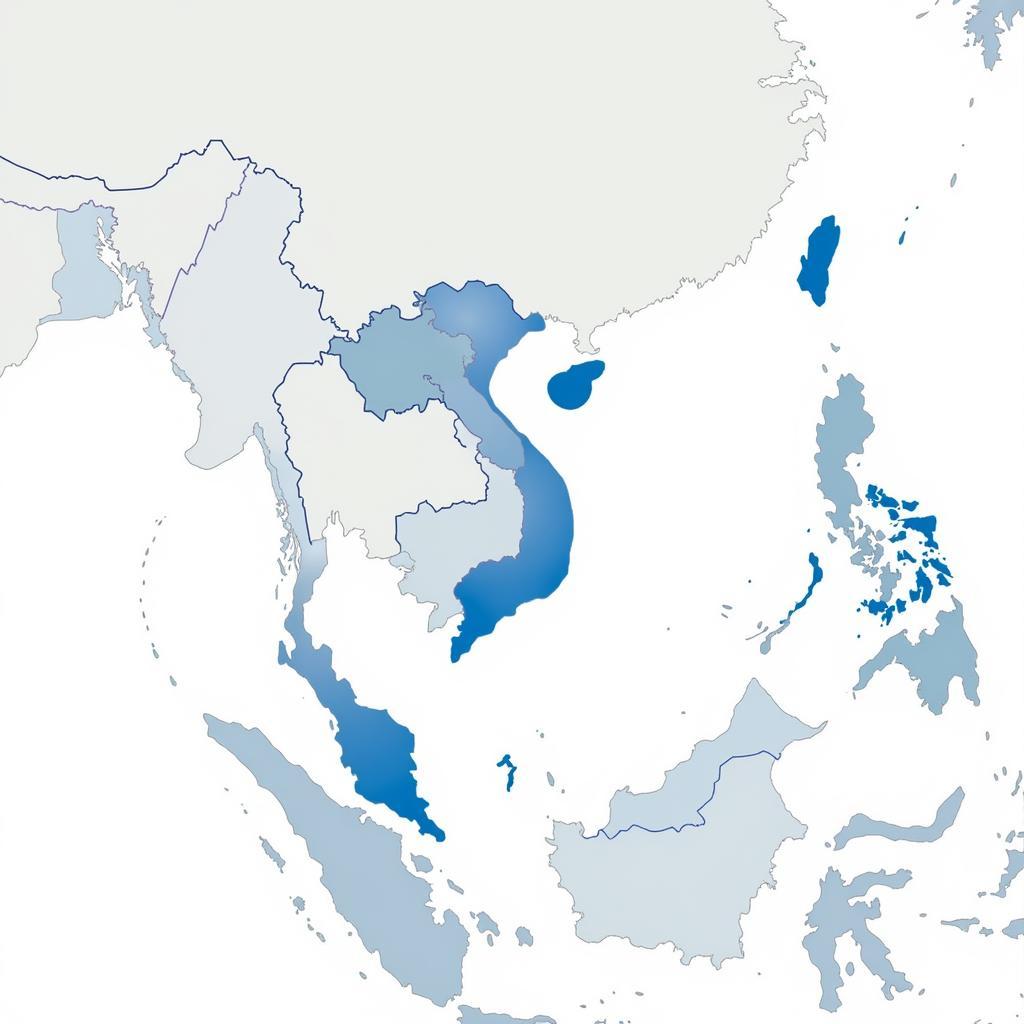ASEAN vehicle certification plays a crucial role in ensuring the safety and quality of vehicles circulating within the region. It’s a vital aspect of harmonizing automotive standards across member countries, promoting trade, and fostering a unified market.
This comprehensive guide delves into the intricacies of ASEAN vehicle certification, exploring its importance, processes, benefits, and implications for both consumers and manufacturers. We’ll also examine the role of ASEAN’s various institutions in facilitating this essential process.
The Importance of ASEAN Vehicle Certification
The need for harmonized vehicle certification standards in ASEAN arises from several key factors:
- Promoting regional trade: By adopting common standards, ASEAN countries create a more seamless trade environment for vehicles and related products. This reduces the need for costly and time-consuming re-certification processes when goods move across borders.
- Ensuring consumer safety: Uniform certification requirements guarantee that vehicles meet certain minimum safety and quality standards. This protects consumers from potentially dangerous or defective vehicles, promoting confidence in the market.
- Enhancing environmental protection: Certification standards often incorporate environmental considerations, such as emissions regulations. This helps to promote sustainable transportation practices within the region.
- Raising industry competitiveness: Standardized certification procedures create a more competitive environment for automotive manufacturers, as they can focus on meeting common requirements rather than multiple, disparate standards.
The ASEAN Vehicle Certification Process
The ASEAN vehicle certification process typically involves the following steps:
- Application and Documentation: Manufacturers submit an application to the designated certification body, accompanied by detailed technical specifications and supporting documentation.
- Initial Assessment: The certification body reviews the application, verifying compliance with ASEAN standards and conducting an initial assessment of the vehicle.
- Type Approval Testing: Vehicles undergo rigorous testing procedures to evaluate their performance in various areas, including safety, emissions, and fuel economy.
- Inspection and Audit: The certification body inspects the vehicle’s production facilities and processes to ensure adherence to quality control standards.
- Certification and Approval: Upon successful completion of all assessments and tests, the vehicle receives type approval certification, signifying compliance with ASEAN standards.
Key Institutions and Programs
ASEAN vehicle certification is facilitated by several key institutions and programs, including:
- ASEAN Automotive Federation (AAF): The AAF plays a leading role in developing and promoting harmonized automotive standards within ASEAN.
- ASEAN Mutual Recognition Arrangement (MRA): This agreement establishes a framework for mutual recognition of certification results among member countries.
- ASEAN Automotive Technical Working Group (ATWG): This group focuses on technical aspects of automotive regulations and certification standards.
- National Certification Bodies: Each ASEAN member country designates a national certification body responsible for administering the certification process within its territory.
Benefits of ASEAN Vehicle Certification
ASEAN vehicle certification offers numerous benefits for all stakeholders involved, including:
For Consumers:
- Enhanced Safety: Certified vehicles are tested and verified to meet stringent safety requirements, providing consumers with peace of mind.
- Improved Quality: Uniform certification standards guarantee that vehicles meet minimum quality standards, reducing the risk of malfunctions and defects.
- Greater Choice: Harmonized standards promote a wider range of vehicle models available in the region, giving consumers more options.
For Manufacturers:
- Simplified Compliance: Meeting a single set of standards simplifies the certification process for manufacturers, reducing costs and time.
- Increased Market Access: Certification promotes free trade across ASEAN, expanding market opportunities for manufacturers.
- Improved Reputation: Vehicles that meet ASEAN standards gain a reputation for quality and safety, enhancing brand image and consumer confidence.
For Governments:
- Stronger Consumer Protection: Certification ensures the safety and well-being of consumers, fulfilling a critical responsibility.
- Efficient Trade Facilitation: Harmonized standards reduce trade barriers, promoting economic growth and development within the region.
- Environmental Sustainability: Certification often incorporates environmental standards, helping to achieve ASEAN’s sustainability goals.
Challenges and Future Trends
Despite its significant contributions, ASEAN vehicle certification faces several challenges, including:
- Maintaining Harmonization: Ensuring that member countries adhere to common standards and adapt to evolving technologies can be challenging.
- Addressing Trade Barriers: Some non-tariff trade barriers still exist, requiring continued efforts to promote free trade and mutual recognition.
- Enhancing Consumer Awareness: Raising awareness about the importance of ASEAN vehicle certification and its role in protecting consumers remains a key priority.
Looking ahead, ASEAN vehicle certification is likely to evolve in response to emerging technologies and industry trends, including:
- Electric Vehicles: Developing certification standards for electric vehicles will be crucial to ensure their safety and performance.
- Autonomous Driving: Establishing clear guidelines and certification requirements for autonomous vehicles will be essential for their safe integration into the region’s transportation landscape.
- Digitalization: Leveraging digital technologies to streamline certification processes and enhance transparency will be vital for efficiency and effectiveness.
Conclusion
ASEAN vehicle certification is a cornerstone of the region’s automotive industry, promoting safety, quality, and economic development. It plays a critical role in harmonizing standards, facilitating trade, and ensuring consumer protection. While challenges remain, ASEAN’s commitment to continuous improvement and adaptation ensures that vehicle certification will continue to play a vital role in shaping the future of transportation in the region.
 ASEAN Vehicle Certification Process
ASEAN Vehicle Certification Process
FAQ
Q: What are the main ASEAN vehicle certification standards?
A: ASEAN vehicle certification standards encompass various aspects, including safety, emissions, and fuel economy. These standards are based on international best practices and are regularly updated to reflect technological advancements and global trends.
Q: How can I verify if a vehicle is ASEAN certified?
A: You can usually find a certification label or sticker affixed to the vehicle, indicating its compliance with ASEAN standards. You can also check with the national certification body in the country where the vehicle was manufactured.
Q: What are the implications of non-compliance with ASEAN vehicle certification standards?
A: Vehicles that do not meet ASEAN certification standards may face restrictions on their sale and use in the region. Non-compliant vehicles may also face penalties or legal consequences.
Q: How does ASEAN vehicle certification promote sustainable transportation?
A: ASEAN vehicle certification often incorporates environmental considerations, such as emissions regulations, promoting fuel-efficient and low-emission vehicles to reduce environmental impact.
Q: What are the future directions for ASEAN vehicle certification?
A: Future directions for ASEAN vehicle certification include developing standards for emerging technologies like electric vehicles and autonomous vehicles, as well as leveraging digital technologies to streamline processes and enhance transparency.
 Benefits of ASEAN Vehicle Certification
Benefits of ASEAN Vehicle Certification
When you require assistance, please feel free to reach out to us at:
- Phone: 0369020373
- Email: [email protected]
- Address: Thôn Ngọc Liễn, Hiệp Hòa, Bắc Giang, Việt Nam
We have a dedicated customer support team available 24/7 to assist you with any questions or concerns.


